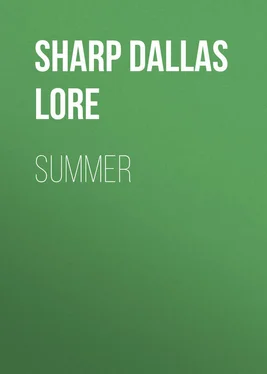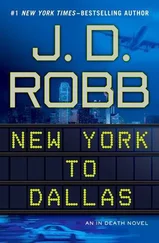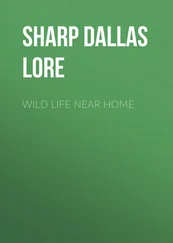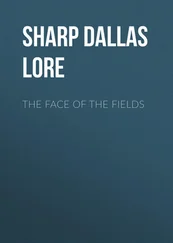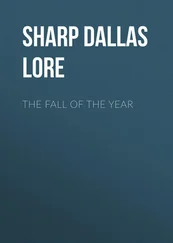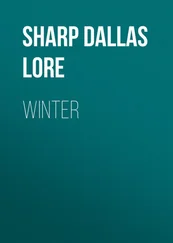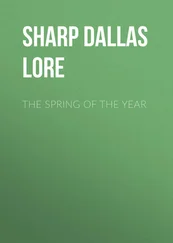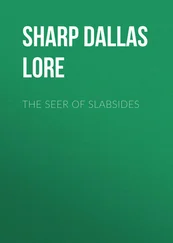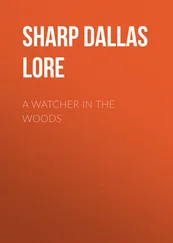Dallas Sharp - Summer
Здесь есть возможность читать онлайн «Dallas Sharp - Summer» — ознакомительный отрывок электронной книги совершенно бесплатно, а после прочтения отрывка купить полную версию. В некоторых случаях можно слушать аудио, скачать через торрент в формате fb2 и присутствует краткое содержание. Жанр: Природа и животные, foreign_antique, foreign_prose, на английском языке. Описание произведения, (предисловие) а так же отзывы посетителей доступны на портале библиотеки ЛибКат.
- Название:Summer
- Автор:
- Жанр:
- Год:неизвестен
- ISBN:нет данных
- Рейтинг книги:3 / 5. Голосов: 1
-
Избранное:Добавить в избранное
- Отзывы:
-
Ваша оценка:
- 60
- 1
- 2
- 3
- 4
- 5
Summer: краткое содержание, описание и аннотация
Предлагаем к чтению аннотацию, описание, краткое содержание или предисловие (зависит от того, что написал сам автор книги «Summer»). Если вы не нашли необходимую информацию о книге — напишите в комментариях, мы постараемся отыскать её.
Summer — читать онлайн ознакомительный отрывок
Ниже представлен текст книги, разбитый по страницам. Система сохранения места последней прочитанной страницы, позволяет с удобством читать онлайн бесплатно книгу «Summer», без необходимости каждый раз заново искать на чём Вы остановились. Поставьте закладку, и сможете в любой момент перейти на страницу, на которой закончили чтение.
Интервал:
Закладка:
Dallas Lore Sharp
Summer
INTRODUCTION
In this fourth and last volume of these outdoor books I have taken you into the summer fields and, shall I hope? left you there. After all, what better thing could I do? And as I leave you there, let me say one last serious word concerning the purpose of such books as these and the large subject of nature-study in general.
I believe that a child’s interest in outdoor life is a kind of hunger, as natural as his interest in bread and butter. He cannot live on bread and butter alone, but he ought not to try to live without them. He cannot be educated on nature-study alone, but he ought not to be educated without it. To learn to obey and reason and feel – these are the triple ends of education, and the greatest of these is to learn to feel. The teacher’s word for obedience; the arithmetic for reasoning; and for feeling, for the cultivation of the imagination, for the power to respond quickly and deeply, give the child the out-of-doors.
“If I could teach my Rugby boys but one thing,” said Dr. Arnold, “that one thing should be poetry.” Why? Because poetry draws out the imagination, quickens and refines and deepens the emotions. The first great source of poetry is Nature. Give the child poetry; and give him the inspiration of the poem, the teacher of the poet – give him Nature. Make a poet of the child, who is already a poet born.
How can so essential, so fundamental a need become a mere fad of education? A child wants first to eat, then to play, then he wants to know – particularly he wants to know the animals. And he does know an elephant from a kangaroo long before he knows a Lincoln from a Napoleon; just so he wants to go to the woods long before he asks to visit a library.
The study of the ant in the school-yard walk, the leaves on the school-yard trees, the clouds over the school-house roof, the sights, sounds, odors coming in at the school-room windows, these are essential studies for art and letters, to say nothing of life.
And this is the way serious men and women think about it. Captain Scott, dying in the Antarctic snows, wrote in his last letter to his wife: “Make our boy interested in natural history if you can. It is better than games. Keep him in the open air.”
I hope that these four volumes may help to interest you in natural history, that they may be the means of taking you into the open air of the fields many times the seasons through.
Dallas Lore Sharp.Mullein Hill, February, 1914.
CHAPTER I
THE SUMMER AFIELD
Theword summer, being interpreted, means vacation; and vacation, being interpreted, means – so many things that I have not space in this book to name them. Yet how can there be a vacation without mountains, or seashore, or the fields, or the forests – days out of doors? My ideal vacation would have to be spent in the open; and this book, the larger part of it, is the record of one of my summer vacations – the vacation of the summer of 1912. That was an ideal vacation, and along with my account of it I wish to give you some hints on how to make the most of your summer chance to tramp the fields and woods.
For the real lover of nature is a tramp; not the kind of tramp that walks the railroad-ties and carries his possessions in a tomato-can, but one who follows the cow-paths to the fields, who treads the rabbit-roads in the woods, watching the ways of the wild things that dwell in the tree-tops, and in the deepest burrows under ground.
Do not tell anybody, least of all yourself, that you love the out-of-doors, unless you have your own path to the woods, your own cross-cut to the pond, your own particular huckleberry-patch and fishing-holes and friendships in the fields. The winds, the rain, the stars, the green grass, even the birds and a multitude of other wild folk try to meet you more than halfway, try to seek you out even in the heart of the great city; but the great out-of-doors you must seek, for it is not in books, nor in houses, nor in cities. It is out at the end of the car-line or just beyond the back-yard fence, maybe – far enough away, anyhow, to make it necessary for you to put on your tramping shoes and with your good stout stick go forth.
You must learn to be a good tramper. You thought you learned how to walk soon after you got out of the cradle, and perhaps you did, but most persons only know how to hobble when they get into the unpaved paths of the woods.
With stout, well-fitting shoes, broad in the toe and heel; light, stout clothes that will not catch the briers, good bird-glasses, and a bite of lunch against the noon, swing out on your legs ; breathe to the bottom of your lungs; balance your body on your hips, not on your collar-bones, and, going leisurely, but not slowly (for crawling is deadly dull), do ten miles up a mountain-side or through the brush; and if at the end you feel like eating up ten miles more, then you may know that you can walk, can tramp , and are in good shape for the summer.
In your tramping-kit you need: a pocket-knife; some string; a pair of field-glasses; a botany-can or fish-basket on your back; and perhaps a notebook. This is all and more than you need for every tramp. To these things might be added a light camera. It depends upon what you go for. I have been afield all my life and have never owned or used a camera. But there are a good many things that I have never done. A camera may add a world of interest to your summer, so if you find use for a camera, don’t fail to make one a part of your tramping outfit.
After all, what you carry on your back or on your feet or in your hands does not matter half so much as what you carry in your head and heart – your eye, and spirit, and purpose. For instance, when you go into the fields have some purpose in your going besides the indefinite desire to get out of doors.
If you long for the wide sky and the wide winds and the wide slopes of green, then that is a real and a definite desire. You want to get out, OUT, OUT, because you have been shut in . Very good; for you will get what you wish, what you go out to get. The point is this: always go out for something. Never yawn and slouch out to the woods as you might to the corner grocery store, because you don’t know how else to kill time.
Go with some purpose; because you wish to visit some particular spot, see some bird, find some flower, catch some – fish! Anything that takes you into the open is good – ploughing, hoeing, chopping, fishing, berrying, botanizing, tramping. The aimless person anywhere is a failure, and he is sure to get lost in the woods!
It is a good plan to go frequently over the same fields, taking the beaten path, watching for the familiar things, until you come to know your haunt as thoroughly as the fox or the rabbit knows his. Don’t be afraid of using up a particular spot. The more often you visit a place the richer you will find it to be in interest for you.
Now, do not limit your interest and curiosity to any one kind of life or to any set of things out of doors. Do not let your likes or your prejudices interfere with your seeing the whole out-of-doors with all its manifold life, for it is all interrelated, all related to you, all of interest and meaning. The clover blossom and the bumblebee that carries the fertilizing pollen are related; the bumblebee and the mouse that eats up its grubs are related; and every one knows that mice and cats are related; thus the clover, the bumblebee, the mouse, the cat, and, finally, the farmer, are all so interrelated that if the farmer keeps a cat, the cat will catch the mice, the mice cannot eat the young bumblebees, the bumblebees can fertilize the clover, and the clover can make seed. So if the farmer wants clover seed to sow down a new field with, he must keep a cat.
Читать дальшеИнтервал:
Закладка:
Похожие книги на «Summer»
Представляем Вашему вниманию похожие книги на «Summer» списком для выбора. Мы отобрали схожую по названию и смыслу литературу в надежде предоставить читателям больше вариантов отыскать новые, интересные, ещё непрочитанные произведения.
Обсуждение, отзывы о книге «Summer» и просто собственные мнения читателей. Оставьте ваши комментарии, напишите, что Вы думаете о произведении, его смысле или главных героях. Укажите что конкретно понравилось, а что нет, и почему Вы так считаете.
